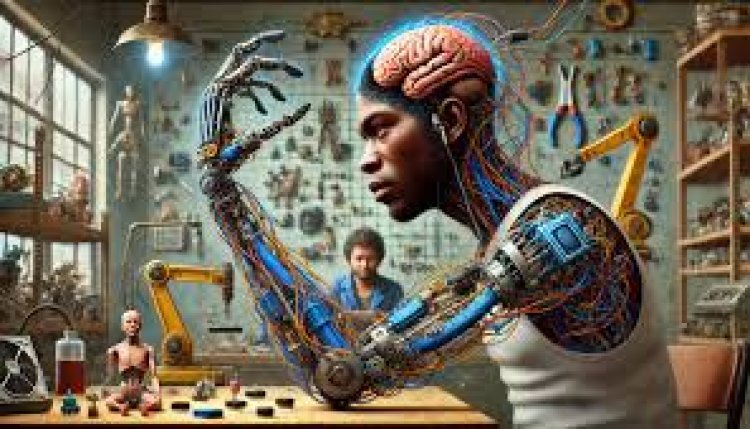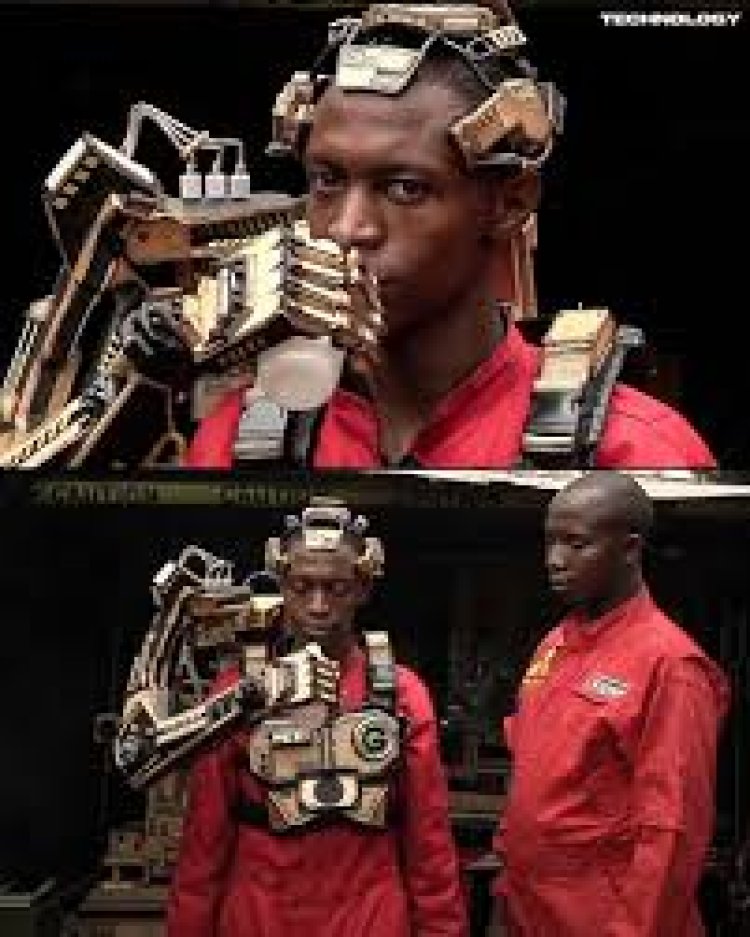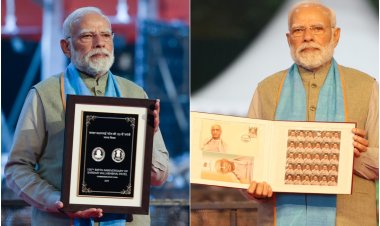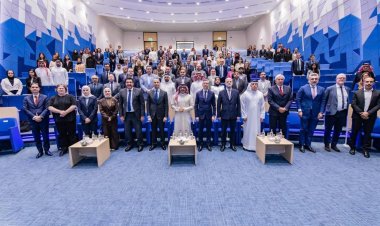Kenyan Innovators Redefine Prosthetic Technology with Brain-Controlled Robotic Arm
In 2021, Kenyan innovators David Gathu and Moses Kinyua made global headlines with a groundbreaking creation: a neuro-controlled robotic arm that moves using brain signals. Their invention, the first of its kind from the African continent, ignited worldwide conversations about accessibility, innovation, and affordability in the field of prosthetic technology.
At the heart of their design was a biopotential headset capable of capturing brainwave activity and converting those signals into electrical impulses that directed the robotic arm’s movement. Built using recycled materials, their device demonstrated that cutting-edge innovation doesn’t always require massive resources, just creativity, determination, and a vision to make a difference.
The pair’s pioneering approach offered a new model for low-cost prosthetic solutions, addressing a critical gap for individuals in underserved communities who often cannot afford advanced medical devices. Beyond its technical brilliance, their project became a symbol of African ingenuity and resilience, proving that local solutions can have global impact.
Four years later, Gathu and Kinyua’s invention continues to be celebrated as an emblem of grassroots innovation and inclusive technology. Although the prosthetic arm has yet to reach mass production, it remains a beacon of what’s possible when science meets empathy and when innovators think beyond borders to solve real human challenges.

























